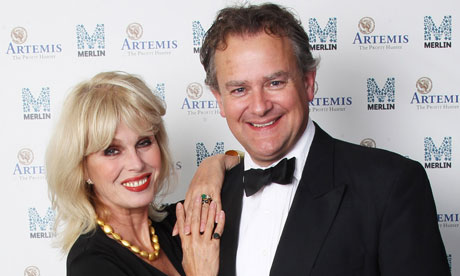
Among my most prized possessions is an early copy of Good Savouries by Ambrose Heath, which was published in 1935. I picked it up for a song in a secondhand bookshop. There are three reasons for loving it. The first is that its cover – a woodcut starring two lobsters, a rabbit and three pheasants – was designed by Edward Bawden, so it's a beautiful little piece of British art as well as a cookery book. The second is that Heath, who wrote more than 100 books about food between 1933 and his death in 1969, dedicated it "Also for Poo", which always makes me snigger (Heath was nothing if not a man of his time and class: his real name was Francis, but he used Ambrose for his journalism because his "father was a gentleman"; Poo was his wife, Violet). The third is for its recipes. These days, only a very few establishments serve savouries, and those that do limit themselves, mostly, to Welsh rabbit and Scotch woodcock. In Heath's book, though, there are 250 of the things. Bloater croutes, Cadogan toasts, canapes Charlemagne… I like their silly, old-fashioned names. And some of them – cheese balls with fried parsley, say, or devilled tomatoes – even sound good enough to eat.
I thought of Ambrose Heath when I read that the actor Hugh Bonneville has put Joanna Lumley up for membership of the Garrick Club. Does Lumley like savouries, a club staple, or are she and Bonneville just making a point? (Women cannot join the Garrick, and may enter it only if accompanied by a member.) The latter, I suspect. This story – the one about women and gentleman's clubs – rears its chinless head pretty much every year, and I always find it rather hard to care. Even if they did open the membership, there would still be a dozen impediments for most of us: the cost, the location, the fact that we are not well-connected enough to know a member to nominate us. I certainly don't walk down Pall Mall feeling all indignant and cross. Actually, I slow my pace, the better to gawp at the characters tottering into the Travellers and the Turf; it's like watching an Evelyn Waugh novel brought to life. The possibility exists that one of these old boys' companions will be wearing a tiara.
Besides, on the five or so occasions in my life when I've managed to get inside a gentleman's club (for instance – so you don't think I hang out with dukes and George Osborne – when I interviewed Nick Hewer of Apprentice fame at the Reform), I felt nothing but childish glee. It's not only that clubs smell so delightfully of tooled leather, woodsmoke and Geo F Trumper's essence of West Indian Limes, or that the plentiful chairs are so sleep-inducing. These places are the last bastions of a kind of cooking that will, I guess, soon be extinct: strikingly amateurish in one way – club cooking really is like home cooking – and yet amazingly delicious in another. Consomme, followed by a roast bird with game chips and bread sauce, followed by Welsh rabbit. (Though it was not always so: from 1837 to 1850, the Reform Club's chef, Alexis Soyer, was regarded as the fanciest cook in Britain; his signature dish, still on its menu today, was lamb cutlets Reform, a plate of breaded cutlets served with a sweet-sour sauce and garnished with ham, egg, beetroot and gherkins.)
Excluded from this strange nirvana though we all are, the experience can – sort of – be replicated at home; you will have to do without the loud, posh voices and the peculiar tailoring, but perhaps you will regard this as a good thing. I can vouch for the Gentleman's Club section of The Prawn Cocktail Years by Simon Hopkinson and Lindsey Bareham, especially the recipes for cooked salad cream (good with asparagus) and for oeufs en gelée (good with melba toast, for the return of which I have long campaigned). For savouries, though, let us go to dear old Ambrose Heath (or "Loo" as Violet called him). I was tempted, at first, to give you a recipe for something seriously old-fashioned like Wyvern toasts (they involve a white sauce flavoured with anchovy essence, eggs and chopped meat) or Rose's savoury ("a speciality of a friend's cook" which consists mostly of boiled onions). But Heath thinks angels on horseback are the finest savoury of all, so here goes… Take some good, very thin rashers of streaky bacon and some beardless oysters. Wrap half a rasher around each one. Skewer, and grill. Serve very hot on small pieces of buttered toast. How grand you choose to feel is entirely up to you.

